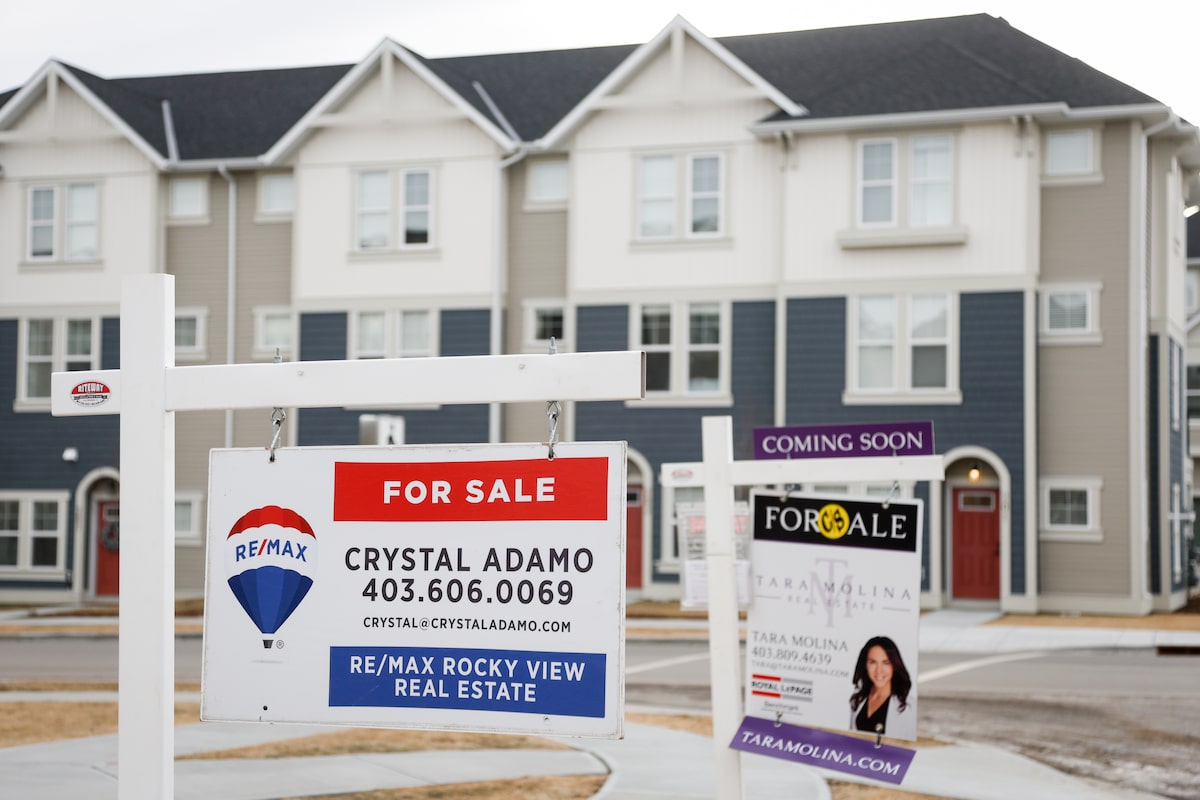I
n the sleepy town of Boca Chica, a quiet revolution is underway. A tiny community anchored by SpaceX, Elon Musk's ambitious space exploration company, is poised to become its own city. The vote, set for May 3, will be decided by just 279 eligible voters - mostly SpaceX employees and their families - who have registered in droves.
Behind the scenes, a subtle yet profound shift is taking place. If Starbase incorporates as a city, it would cement SpaceX's control over the community, allowing Musk to shape its development and governance from the ground up. The move would also turbocharge his Texas footprint, solidifying his position as a land-controlling civic force.
The implications are far-reaching. With incorporation, Starbase would become a Type C municipality, electing its own mayor and commissioners to oversee services like fire and police, budgeting tax revenue, and managing civil infrastructure - all areas where SpaceX already holds sway through informal agreements with Cameron County.
Musk's pitch is straightforward: incorporation will "streamline" development and give him more control over utilities, zoning, and other civic functions. He's already invested heavily in the area, building a $100 million office and factory, a $15 million shopping center, schools, and clinics for SpaceX employees.
Critics see this as just another example of Musk's penchant for molding public processes to suit his corporate interests. But proponents argue that Starbase could be a model for future spaceport cities, where private enterprise and civic governance blend seamlessly together.
The vote will offer a glimpse into the next phase of SpaceX's evolution - one where the company becomes not just a player in the space industry but a shaper of local communities and civic institutions.














